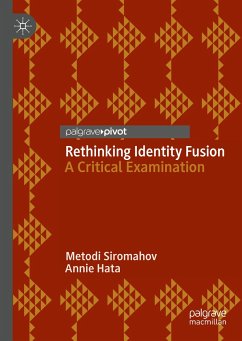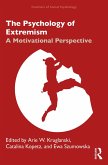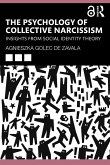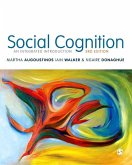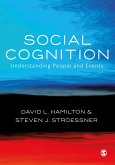-Michael Billig, Emeritus Professor of Social Sciences, Loughborough University, UK
Rethinking Identity Fusion presents a critique of Identity Fusion Theory, an identity-based social psychological approach to understanding pro-group extremism. It scrutinises the theory's main theoretical claims and research methods, exposing serious inconsistencies and gaps in how the theory handles the concept of identity and in its research programme. The book demonstrates the flattening of the theory's main concept, "identity fusion", and the general state of confusion in the recent literature as to the theory's claims and predictions.
The book offers a reinterpretation of Identity Fusion Theory through a discursive perspective, critiquing its cognitivist assumptions about the nature of human relationships and identity. In this way, its scope extends to wider critiques of experimental and quantitative methods in contemporary social psychology. It argues that such theoretical and methodological shortcomings, rather than hindering a flawed approach, can accelerate its adoption in social psychology by creating an image of theoretical unity and consistency on top of a field characterised by confusion and contradiction.
Metodi Siromahov is a social psychologist and a Lecturer at the Department of Experimental Psychology, University College London, UK. His academic interests are in the areas of ideology, group identity, and nationalism.
Annie Hata holds aBSc in Psychology from UCL and is currently undertaking an MSc in Developmental Psychology and Clinical Practice at the Anna Freud Center in collaboration with UCL, UK. Her interests lie in community psychology and the intersections between social and clinical psychology in the context of race and identity. She was responsible for conducting the literature review on Identity Fusion Theory in her role as Research Assistant.
Dieser Download kann aus rechtlichen Gründen nur mit Rechnungsadresse in A, B, BG, CY, CZ, D, DK, EW, E, FIN, F, GR, HR, H, IRL, I, LT, L, LR, M, NL, PL, P, R, S, SLO, SK ausgeliefert werden.

